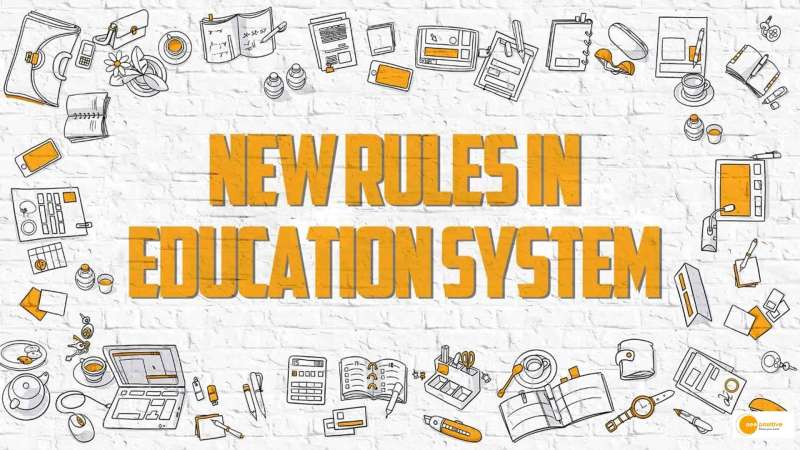

With the implementation of new policies and reforms aimed at raising the quality of education in the nation, the Indian educational system has experienced a number of significant changes recently. These modifications are a positive development because they have the potential to transform India’s educational system, giving students improved access to high-quality instruction and giving them the tools they need to succeed in the twenty-first century. We shall examine some of the new educational laws and reforms in this post from a pro-education standpoint.
The National Education Policy 2020
The National Education Policy 2020 is one of the biggest changes to the Indian educational system. With its focus on holistic learning, skill development, and vocational education, this strategy represents a significant change in the educational system. It aspires to give all pupils a high-quality education, regardless of their social and economic circumstances. The policy suggests a number of adjustments, such as reorganizing school curricula, implementing a new pedagogical strategy, and creating a National Educational Technology Forum.
Skill-based Education
The growing importance of skill-based education is another significant change in the Indian educational system. The need for students to obtain relevant knowledge and skills that will help them succeed on the labor market has been acknowledged by the government. Because of the addition of skill-based courses and certification programs, vocational education has gained increased prominence in the curriculum. This is an important step in bridging the knowledge gap between academics and business and ensuring that students have the skills needed to succeed in their chosen industries.
Emphasis on Digital Education
In light of the COVID-19 pandemic, digital education has gained significant traction in India. The government has recognized the potential of digital education to provide access to quality education to students in remote areas and has taken steps to promote its use. Initiatives like Diksha and SWAYAM are examples of the government’s efforts to provide quality education to students through digital platforms. This has not only made education more accessible but has also enabled students to learn at their own pace and convenience.
Revamping Teacher Education
Teacher education has also undergone significant reforms in recent times, with the aim of producing high-quality teachers who can provide quality education to students.
The National Council for Teacher Education (NCTE) has introduced a new curriculum for teacher education, emphasizing the development of teaching skills, pedagogical knowledge, and subject expertise. This is a significant step towards ensuring that teachers are well-equipped to provide quality education to students.
Conclusion
The new educational policies and reforms in India have the potential to transform the education system and equip students with the necessary skills to succeed in the modern world.


